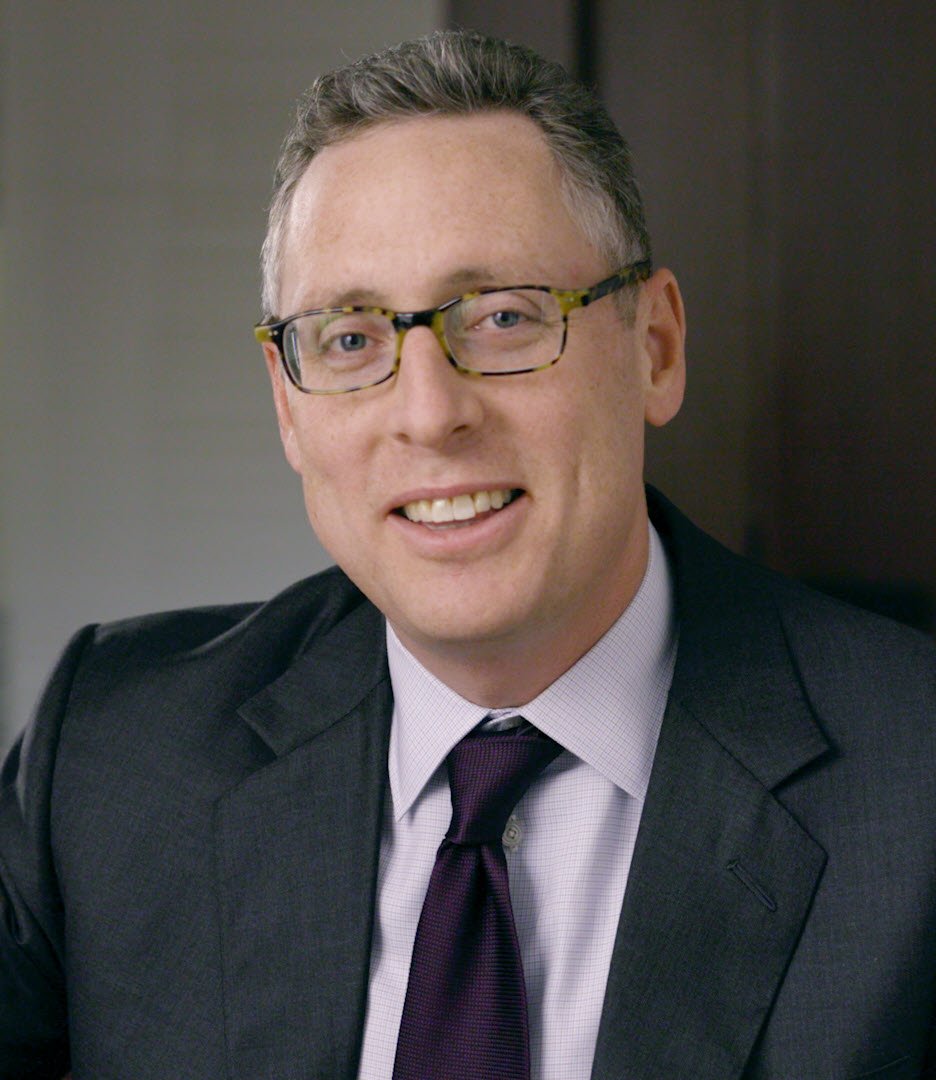Shared Success: KKR’s Vision for Employee Ownership to Increase Productivity
The past two years have shown record high quit rates. While this seems to have slowed down (U.S. Bureau of Labor Statistics), companies must still ask themselves how they can increase loyalty in their employees. Finding new talent is very difficult, so keeping employees is essential for long-term success. Although this recent decline of quit rates is a good sign for companies, employee engagement has still declined over the past two years—from 36% in January 2022 to 33% in August 2023. Possibly worse, the percentage of employees actively disengaged has increased from 13% in 2019 to 16% in August 2023 (Gallup). As these problems become more evident, business leaders are worried about retention and productivity. How can they keep their employees loyal and actively engaged? This is the question that global investment firm KKR has sought to address.
In an era where corporate strategies are constantly evolving to meet the dynamic demands of the business landscape, KKR is spearheading a revolutionary approach to employee engagement and company performance. Recognizing the pivotal role that a motivated and committed workforce plays in achieving long-term success, KKR has set in motion a groundbreaking initiative—granting ownership stakes to all employees across its diverse portfolio of companies. This strategic shift aims not only to curb employee turnover but also to foster a culture of shared success, where every individual has a vested interest in the company's performance.
The idea began with Pete Stravos, KKR’s Co-Head of Global Private Equity. He recounts in the Financial Times that his father was on an hourly wage, and that if he worked too fast his hours would decrease and therefore his paycheck as well. Although this led to him being less productive, it was necessary for him to provide for his family. Continuing on this recollection, Stavros notes how his father “dreamt of profit-sharing and having a voice in the company” (Financial Times). It is with this dream that inspired Stavros to incorporate employee ownership into KKR’s business model - believing that if workers had a stake in the company, they would be more productive thus creating a win-win scenario for all involved parties. Rising the ranks of KKR, Stavros was able to embark on this vision.
And sure enough, Stavros was able to have success with this vision. In fact since 2011, KKR has reportedly given billions of dollars of equity to over 60,000 non-management employees across 35 companies in their portfolio (KKR). Notably, KKR won PEI's Exit of the Year in North America award in 2022 for their use of the employee ownership model with C.H.I. Overhead Doors. C.H.I is a garage door manufacturer that KKR acquired in 2015. Stravos saw potential to use his model on this company because of the opportunities to optimize worker productivity. He put his plan into motion by hiring new executives, constantly getting feedback from employees, showing employees how they benefit from the new strategy, and more. It was a tremendous success. In 2022, C.H.I was sold for 10 times the equity invested. This resulted in a $175,000 average employee payout through the shared equity scheme (Buyout Insider). The most tenured hourly workers and truck drivers were paid more than $800,000 when the business was sold (Financial Times). While this was the most extreme success to date, other companies have seen similar results.
When manufacturer Ingersoll Rand shared ownership with all of their 16,000 employees, quit rates dropped from 20% to 3% and employee engagement scores went from the 20th percentile to the 90th percentile. Insight Global gave all of their 4,500 employees ownership, and quit rates went from 45% in 2017 to 14% in 2022 (Financial Times). In 2022, KKR became a founding partner of Ownership Works, a nonprofit created by Stravos to support companies switching to the shared ownership model (KKR). Stravos has put his model to work in these companies and many more through Ownership Works and KKR since 2011. By continuing to give employees a voice in the company and valuing them through this model, these companies have shown tremendous potential in employee loyalty and engagement.
KKR continues to push the shared ownership model throughout all their portfolio companies, and other investment companies could potentially find it very useful. The reason that other companies are not already using this approach is because it takes an immense amount of commitment and time. The employees need to be taught how this model benefits them for it to work correctly, and it could take many years for results to show. While this may seem difficult, training employees has shown to pay off long term in the companies that have implemented the model.
KKR's bold venture marks a transformative shift in contemporary corporate strategies. This visionary approach not only addresses the critical issue of employee turnover but also cultivates a culture of shared success and heightened productivity. By placing the workforce at the center of their growth strategy, KKR has set a precedent for the industry, emphasizing the integral role that employee engagement plays in sustained business success. As other companies observe and reflect on these innovative developments, it becomes clear that the future of effective corporate management lies not only in optimizing financial assets but also in empowering the human capital that propels these companies forward. The ripple effects of KKR's initiative are likely to resonate across industries, inspiring a reevaluation of traditional models and encouraging a more inclusive and collaborative approach to organizational success.

